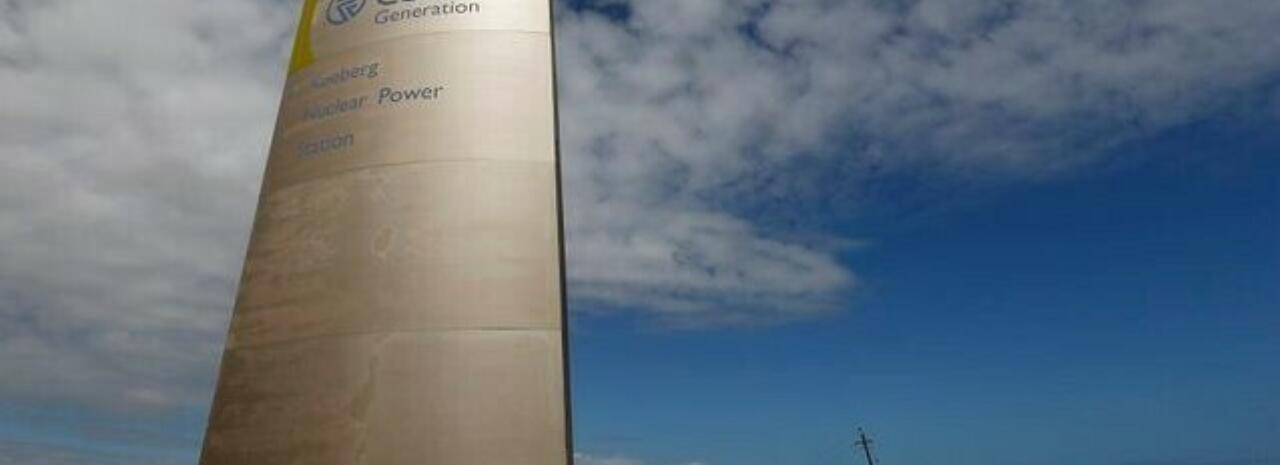
Critical analysis of Eskom’s multi-year price increases
Eskom’s tariff increases as part of the MYPD (Multi-Year Tariff Determination) process has had a critical and far reaching impact on the South African economy. The Genesis team has played an important role in ensuring that these tariff increases are governed by sound regulatory principles, being deeply involved in critically assessing all the MYPD tariff applications of Eskom since 2009.
This involvement has included providing technical assistance and expert advice to the National Energy Regulator of South Africa (NERSA). This input comprised comprehensive responses to the tariff increases proposed by Eskom during its MYPD2 and MYPD3 applications, and its MYPD3 reopener application.
The price regulation of energy utilities raises intricate questions that require one to protect the interests of consumers while still preserving the operational sustainability of the utility and the impetus for investment needed to ensure energy security for the country.
This balancing act was particularly complex in these MYPD applications, given the need for Eskom to dramatically expand its generation capacity and to raise the necessary capital for such expansion.
Against this backdrop, we provided expert input on the appropriate tariff increases, drawing on our extensive regulatory accounting expertise, rigorous economic analysis and deep sector knowledge. In each instance the submissions from the Genesis team played an important role in shaping the final decision made by NERSA:
- In 2009 we assisted Business Unity South Africa (BUSA) in assessing Eskom’s MYPD2 tariff application, which covered electricity tariff proposals for the three years ended 31 March 2013. Eskom initially proposed a tariff increase of 45% per annum. In our report we provided a comprehensive independent expert assessment of Eskom’s operating and capital cost assumptions using best regulatory accounting practices. We also undertook an assessment of the impact that the proposed price increases would have on the economy. Our assessment found that a tariff increase of 25% per annum was justified. NERSA’s MYPD2 tariff determination was consistent with this recommendation from the Genesis team.
- In 2012 we assisted BUSA in assessing Eskom’s MYPD3 tariff application, which covered electricity tariff proposals for the five years ending 31 March 2018. Eskom proposed tariff increases of 16% per annum. Our technical assessment, once more drawing heavily on our regulatory accounting expertise, found that Eskom’s proposed increases were based on unsubstantiated cost escalations significantly in excess of inflation, with limited assumed efficiency gains. We identified about R138-billion worth of cost savings in addition to the savings identified by Eskom. We ultimately found that tariff increases of 10.8% per annum were justified, and our recommendations played a significant role in shaping the basis of NERSA’s MYPD3 tariff determination which was set at 8%.
- In 2015 we assisted the Electricity Intensive Users Group (EIUG) and NERSA in their review of Eskom’s application to have its approved five-year price path reopened. Eskom applied for a further R62-billion of revenue allowance for the remainder of the MYPD3 period. In line with our recommendation, NERSA rejected the 'selective' reopener outright, indicating that there was rather an ex-post option to apply for the Regulatory Clearing Account settlement.